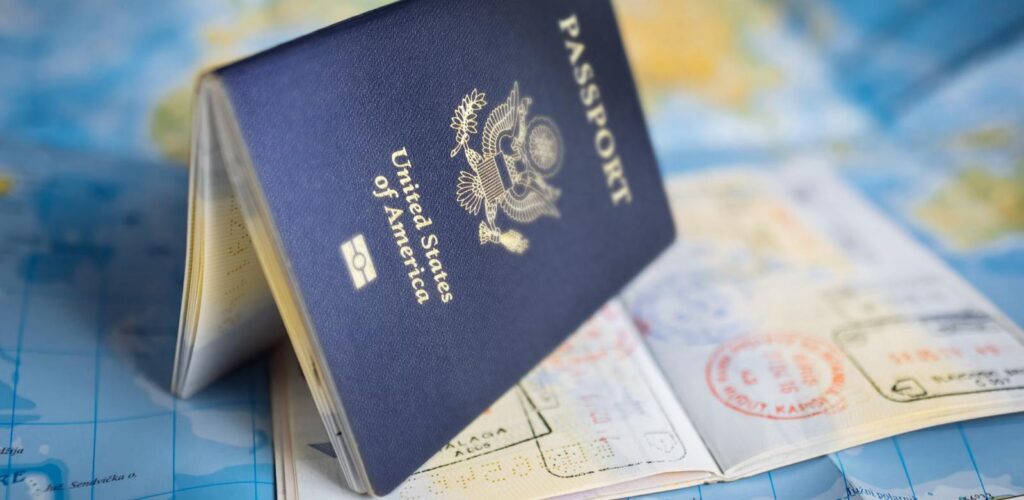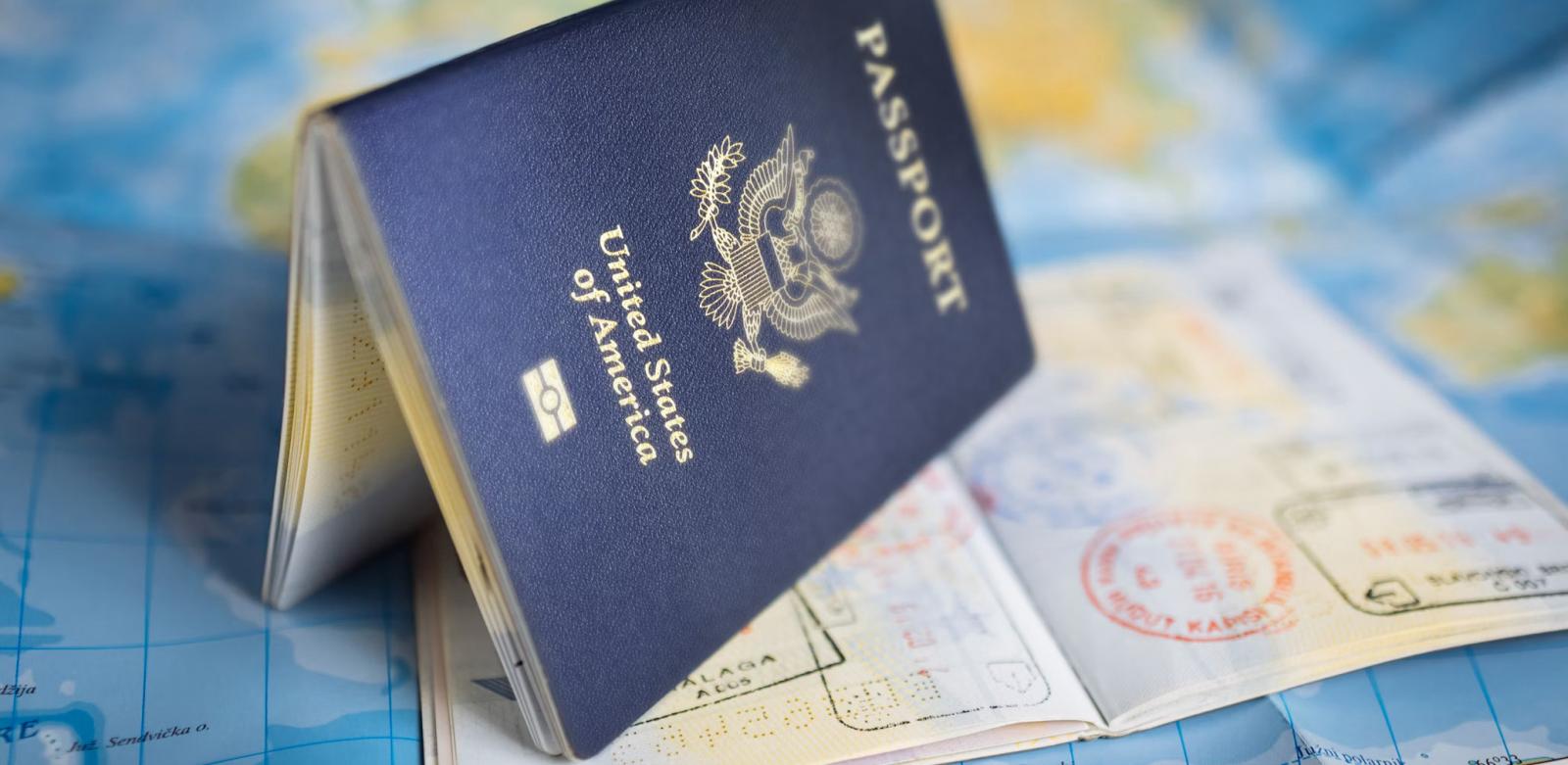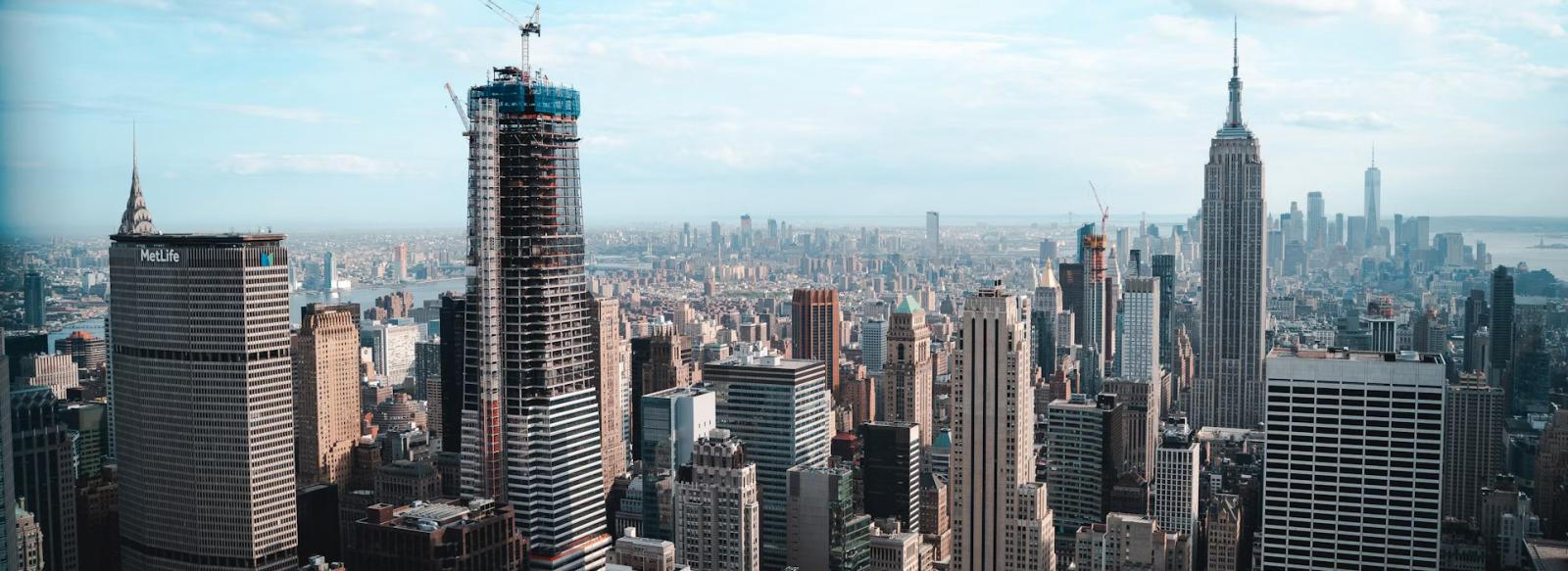What are the reliable ways of immigrating to the United States?

Emigrating to the United States of America is a dream for many people around the world. The U.S. offers vast opportunities for personal and professional growth, quality education, and a high standard of living. However, the process of emigration requires thorough preparation and knowledge of all possible pathways.
Green Card Lottery
The Green Card Lottery, or Diversity Visa Lottery, is a unique program that provides an opportunity for people from various countries around the world to obtain permanent residency in the United States of America. This program was created to increase ethnic diversity among immigrants in the U.S.
What is the Green Card Lottery?
The Green Card Lottery is an annual program organized by the U.S. Department of State. Its goal is to provide 50,000 visas for permanent residency in the U.S. (green cards) to residents of countries with low immigration rates to the U.S. The program aims to maintain ethnic and cultural diversity among the American population.
Who can participate?
The Green Card Lottery program has several basic requirements for participants:
- Country of birth: Participants must be natives of countries eligible to participate in the lottery. This list is updated annually and published by the U.S. Department of State. Typically, countries with high immigration rates to the U.S. are excluded from the list.
- Education or work experience: Participants must have at least a high school education (or its equivalent) or two years of work experience within the past five years in an occupation that requires at least two years of training or experience.
- Compliance with visa process requirements: Participants must meet all requirements for obtaining a visa, including having no serious legal violations and meeting medical standards.
Having trouble understanding?
Contact us, we will help!
How to obtain a green card through the lottery?
The process of obtaining a green card through the lottery involves several stages:
- Application submission:
- Form completion: Participants must complete an online form on the official lottery website during the period specified by the Department of State. The form includes personal information, family details, education, and professional experience.
- Photographs: The application must include photographs that meet the strict requirements specified on the website.
- Free participation: Participation in the lottery is free, and applications are accepted only through the official website.
- Selection of winners:
- Randomization: After the application submission period ends, a computer system randomly selects winners from among the participants.
- Notification: Participants can check the status of their application on the official lottery website using the unique confirmation number received when submitting the application.
- Visa processing:
- Document preparation: Winners must prepare and submit all necessary documents, including a passport, birth certificates, diplomas, and documents confirming work experience.
- Interview: Winners undergo an interview at a U.S. embassy or consulate, where they are asked about their reasons for moving, family status, and professional experience.
- Medical examination: Winners must undergo a medical examination at accredited facilities.
- Payment of fees: Fees established by the Department of State must be paid for visa processing and other services.
- Visa issuance and relocation:
- Visa approval: After successfully completing all stages, participants receive an immigrant visa.
- Relocation to the U.S.: With the visa, winners can enter the U.S. and receive a green card, which will be sent to the specified address in the U.S.
Why are the odds of winning low?
Several factors contribute to the low percentage of obtaining a green card through the lottery:
- High demand: Millions of people apply for the lottery each year. In recent years, the number of applications has consistently exceeded 10 million. This creates high competition for a limited number of visas.
- Regional quotas: The Green Card Lottery allocates visas by regions of the world. Some regions receive more visas than others, depending on the level of immigration to the U.S. from those regions. For example, Africa and Europe traditionally receive more visas than Asia or Latin America. This can affect participants’ chances depending on their country of birth.
- Excluded countries: Some countries with already high levels of immigration to the U.S. are excluded from participating in the lottery. This means that citizens of countries like Mexico, China, India, and the Philippines cannot participate, which may increase the chances for participants from other countries.
- Random selection: Winners are chosen randomly by a computer system. This means that even if a participant meets all the requirements, their chances of winning depend on pure luck.
Statistics and Odds
The odds of winning the Green Card Lottery depend on the number of applications submitted and regional quotas. On average, the probability of winning is about 1-2%, but it can vary depending on the year and region.
- Overall statistics: In recent years, the number of applications for the Green Card Lottery has exceeded 10 million, with only 50,000 visas issued annually. This means that the probability of winning is about 0.5%.
- Regional differences: The odds of winning can vary by region. For example, participants from Africa and Europe may have slightly higher chances than participants from Asia or Latin America due to quota distribution.
How to increase your chances?
While the Green Card Lottery largely depends on luck, there are several steps that can help improve your chances:
- Meeting all requirements: Ensure that your application fully complies with all program requirements, including correctly completing the form and providing necessary documents.
- Participating every year: You can apply for the lottery annually. The more years you participate, the greater your chances of winning.
- Family participation: If both spouses meet the requirements, each can submit a separate application. This doubles the chances of winning for the entire family.
- Avoiding mistakes: Carefully ensure that no mistakes are made when filling out the form. Errors can lead to the disqualification of your application.

Family Immigration
Family immigration is one of the most common ways to move to the U.S.
- Family reunification: U.S. citizens and permanent residents can sponsor their immediate relatives to obtain a green card. This includes spouses, children, parents, and, in some cases, siblings. The process can take several years depending on the category of relationship and current visa quotas.
- Marriage to a U.S. citizen: Marrying a U.S. citizen allows you to apply for permanent resident status. The process includes a marriage authenticity check and usually takes about a year.
Main Drawbacks
1. Long Waiting Times
One of the main drawbacks of the family visa process in the U.S. is the long waiting times. Depending on the type of family visa and the current workload of consular offices, the process can take several months or even years. This can lead to prolonged separation from loved ones and cause emotional stress for both applicants and their family members.
2. Financial Difficulties
Obtaining a family visa involves additional financial costs. You will need to pay consular fees, medical examination expenses, travel, and accommodation costs while staying in another country for interviews and document processing. These additional expenses can become an unforeseen financial burden on the family budget.
3. Strict Consular Requirements
The process of obtaining a family visa involves strict adherence to U.S. consular requirements. It is not enough to simply be a family member of a U.S. citizen or resident; you must provide evidence of financial stability, relationship authenticity, and the purpose of your stay in the U.S. Consular officers may request additional documents or conduct interviews to verify the authenticity of the relationship, which can be a challenging and unpleasant process.
4. Risk of Visa Denial
Applying for a family visa does not guarantee its approval. A consular officer has the right to deny a visa if they find any violations or doubts about your truthfulness or the legality of your intentions. Even minor errors or issues in the documents can lead to a denial, resulting in additional time and money spent on reconsidering your case or even revising your relocation plans.
5. Limited Access to Resources
While waiting for your family visa to be processed, you may have limited access to resources and opportunities available to U.S. citizens or residents. For example, you may face restrictions on employment, education, or access to healthcare in the U.S. until you receive your visa, which can significantly limit your life and opportunities in the new place.

Work Visas and Immigration
Obtaining a work visa in the U.S. is one of the most popular and desirable ways of labor migration. However, this process is associated with a number of pros and cons that should be considered when deciding to relocate.
Pros of obtaining a work visa in the U.S.:
- Professional opportunities: A work visa opens doors to a wide range of professional opportunities in the U.S. It allows specialists and professionals in various fields to find employment in one of the world’s most developed economies.
- High salaries: The U.S. offers high salaries and good working conditions compared to many other countries in the world. Obtaining a work visa can be the first step towards improving your standard of living and career growth.
- Permanent residency: Some types of work visas can later be transformed into permanent residency (green card), allowing you to become a permanent resident of the U.S. and eventually apply for citizenship.
- Ability to relocate with family: Some types of work visas allow applicants to bring their spouses and children, facilitating the adaptation process and providing stability for the family.
- Attractiveness to employers: Employers in the U.S. often value international experience and expertise, making work visa holders attractive candidates for many job openings.
Cons of obtaining a work visa in the U.S.:
- Competition: Competition for work visas in the U.S. can be very high, especially in certain industries and professional fields. This may mean that some candidates will have to go through a complex selection process.
- Work restrictions: Some types of work visas have work restrictions, which can limit opportunities for professional growth and career development.
- Uncertainty of status: The status of a work visa is usually tied to the employer, which can create uncertainty and dependence on the company. In case of job loss or changes in the worker’s situation, a status change or even forced departure from the country may be required.
- Complex process of obtaining a green card: Transitioning from a work visa to obtaining a green card can be a long and complex process that requires compliance with numerous conditions and formalities.
- Separation from family: The lengthy process of obtaining a work visa and subsequent document processing for family reunification can lead to prolonged separation from loved ones and family members.
Overall, obtaining a work visa in the U.S. has many pros and cons that should be considered when deciding to relocate. It is important to carefully weigh all aspects and prepare for potential difficulties and challenges that you may encounter in the process of labor migration.

Student Visas
Education in the U.S. opens up numerous opportunities for further emigration.
- F-1 Visa: This visa is intended for students studying at accredited educational institutions in the U.S. After completing their studies, students can apply for the Optional Practical Training (OPT) program, which allows them to work in the U.S. for up to one year (up to three years for STEM students).
- J-1 Visa: This visa is intended for students, trainees, and participants in cultural exchanges. In some cases, J-1 visas can be converted to other visa categories after completing the program.
Refugees and Political Asylum
The U.S. provides protection to individuals facing persecution in their home countries.
- Refugee status: People who face persecution based on race, religion, nationality, or membership in a particular social group can apply for refugee status. The process requires evidence and can take several months.
- Political asylum: Individuals already in the U.S. can apply for political asylum if they fear persecution in their home country. The process also requires providing evidence and includes an interview with an immigration officer.
Investor Visas
Investing in the U.S. economy can be a pathway to permanent residency.
- EB-5 Visa: This visa is intended for investors willing to invest significant funds in American enterprises that create jobs. The minimum investment amount is $900,000 or $1,800,000, depending on the region. Successful investors and their families can obtain a green card.
Emigrating to the U.S. is a complex but achievable process. Family immigration, work and student visas, participation in the Green Card Lottery, refugee protection, and investor visas provide various pathways for relocation. Careful planning, knowledge of all requirements, and adherence to rules will help make the emigration process smoother and more successful. For many people, emigration to the U.S. opens up new opportunities and prospects, improving the quality of life and creating a foundation for a bright future.
Having trouble understanding?
Contact us, we will help!
